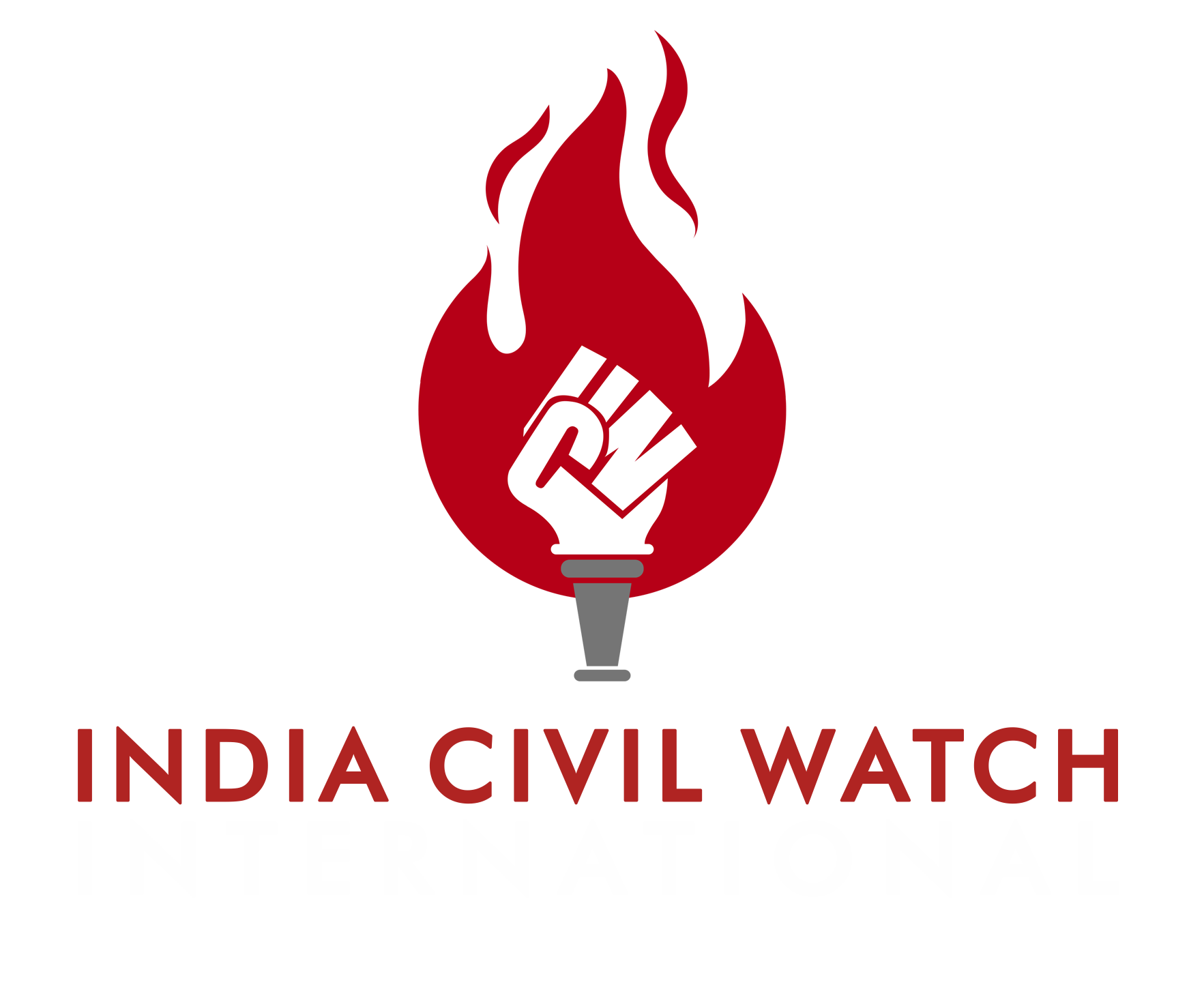UNHRC to Modi Government – “Refrain From Using National Security Legislation to Arrest, Detain and Charge Human Rights Defenders” citing Bhima Koregaon / UAPA Cases
Latest Report Underscores Dismal Record of Current Government of India as it Fails to Respond to all UNHRC Communications in 2018
India features prominently in the report submitted by the UN special Rapporteur for the Situation of Human Rights Defenders (HRDs), Mr. Michel Forst, to the UN Human Rights Council in Geneva on February 21, 2019. The report documents 12 communications sent to the Government of India (GOI) by the Special Rapporteur, including the arrest of 10 activists / intellectuals under the Unlawful Activities Prevention Act (UAPA) in the Bhima Koregaon cases. The report notes with deep concern that the GOI has failed to respond to all 12 communications. The current report covers the period December 2017 to November 2018. In all, the Special Rapporteur on HRDs of the UNHRC has issued a total of 77 communications since the Modi Government took office in 2014. Of these the Government has responded to only 11, or a mere 14%, in sharp contrast to the previous UPA government record that had responded to over 50% of the communications received. While the Modi government had a reasonable response rate between 2014 and 2016, since 2017 it has had an abysmally low response rate and has almost entirely stopped responding to communications from theUNHRC.
Prominent in the current report are two complaints (# 340, 341) filed on the Bhima Koregaon UAPA cases in which 10 well known human rights activists / intellectuals -Surendra Gadling, Mahesh Raut, Shoma Sen, Rona Wilson, Sudhir Dhawale, Arun Ferreira, Gautam Navlakha, Vernon Gonsalves, Varavara Rao, and Sudha Bharadwaj -have been entrapped in fabricated cases. In his report the Special Rapporteur calls on the Modi government to “refrain from the use of national security legislation to arrest, detain and charge human rights defenders, as doing so risks conflation of national security risks with their peaceful and legitimate humanrights work, and serves to cast aspersions on human rights defenders and theirwork.”
Commenting on the Indian government’s failure to respond, India Civil Watch (ICW) spokesperson Prof. Raja Swamy said “India’s refusal to engage the UNHRC is most unfortunate and not in keeping with our aspiration to be a leader in the community of nations.” ICW has filed additional complaints on the UAPA cases in February 2019, including one on the ongoing threat of arrest of Dr. Anand Teltumbde, India’s most accomplished Dalit intellectual and civil rights activist.
In the current report, Special Rapporteur Michel Forst has highlighted that the UAPA Bhima Koregaon cases are almost exclusively filed against activists who “represent minority rights and marginalised communities, including dalit and adivasi minorities.” Six of the nine arrested this far in the Bhima Koregaon false cases are either Dalit, Adivasi, or religious minorities.
